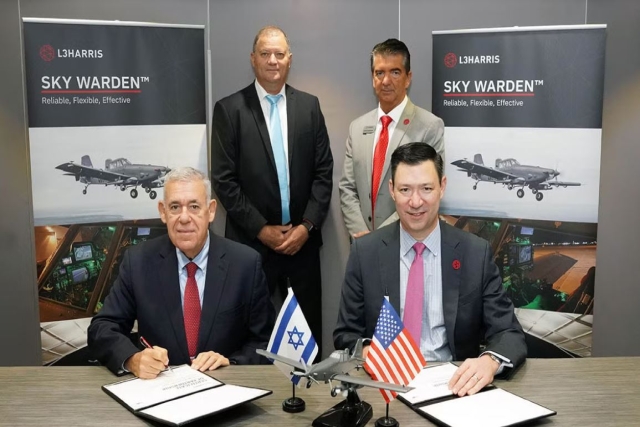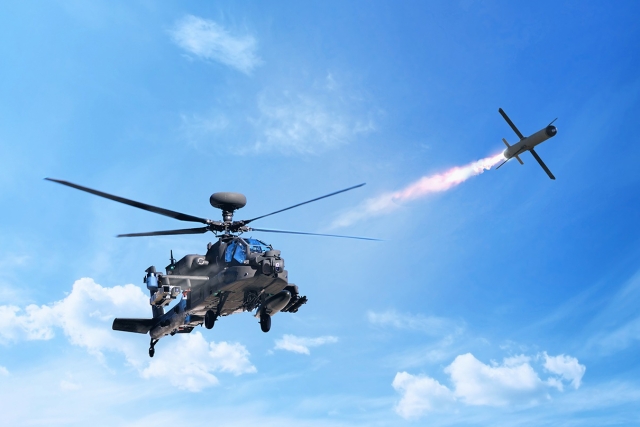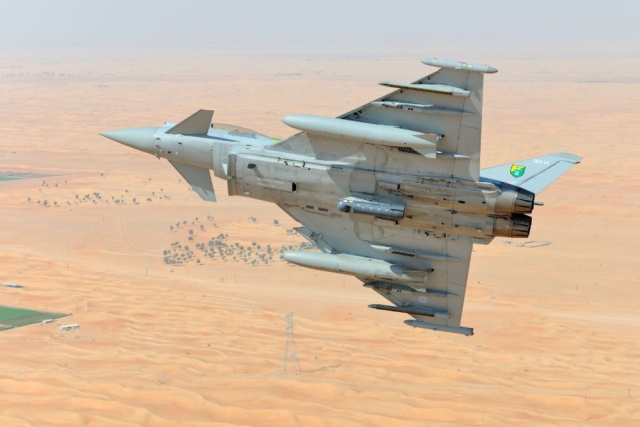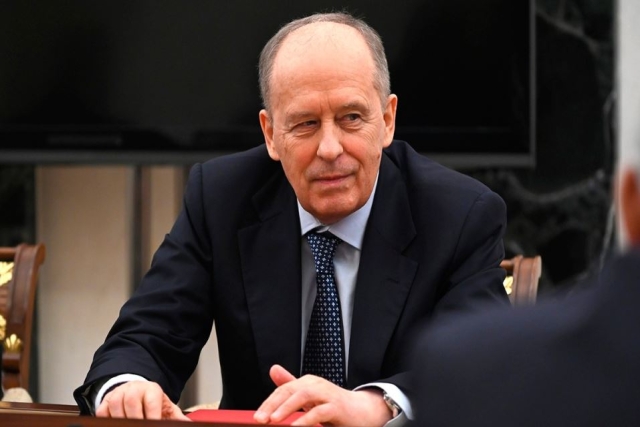UN Arms Trade Treaty Fails; US, Russia Blamed
The month long UN Arms Trade negotiations to regulate the $60 billion arms trade industry has failed after the world's biggest arms exporters, the United States and Russia failed to reach a decision. U.S and Russia have drawn heavy criticism for the failure of the talks. Both have said there was no time left for them to clarify and resolve issues they had with the draft treaty. The failure to finalize the treaty leaves the door open for further talks and a draft arms-trade treaty that could be brought to the 193-nation U.N. General Assembly. Central to the UN arms trade treaty is a provision that the international body has say in who exports what to whom. The U.S., Russia, Israel, Syria and Iran wish to retain the right to buy or sell from whomever they want without international oversight. "We feel that we could have agreed. It is disappointing that more time is needed. But an arms-trade treaty is coming soon. We've taken a big step forward," a spokesman for Britain’s delegation was quoted as saying. US State Department spokeswoman Victoria Nuland said in a statement that the US supports a second round of negotiations next year. The draft arms-trade treaty under negotiations required countries to assess if a proposed arms export could be used to commit or facilitate a serious violation of international humanitarian or human rights law. Many countries feel that a conference is needed to avert illegally traded guns from pouring into conflict zones referring to conflicts in Syria, Africa and elsewhere as examples of why such a treaty is necessary. Countries, including the US, control arms exports but there has never been an international treaty regulating the estimated USD 60 billion global arms trade. For more than a decade, activists and some governments have been pushing for international rules to try to keep illicit weapons out of the hands of terrorists, insurgent fighters and organised crime.









